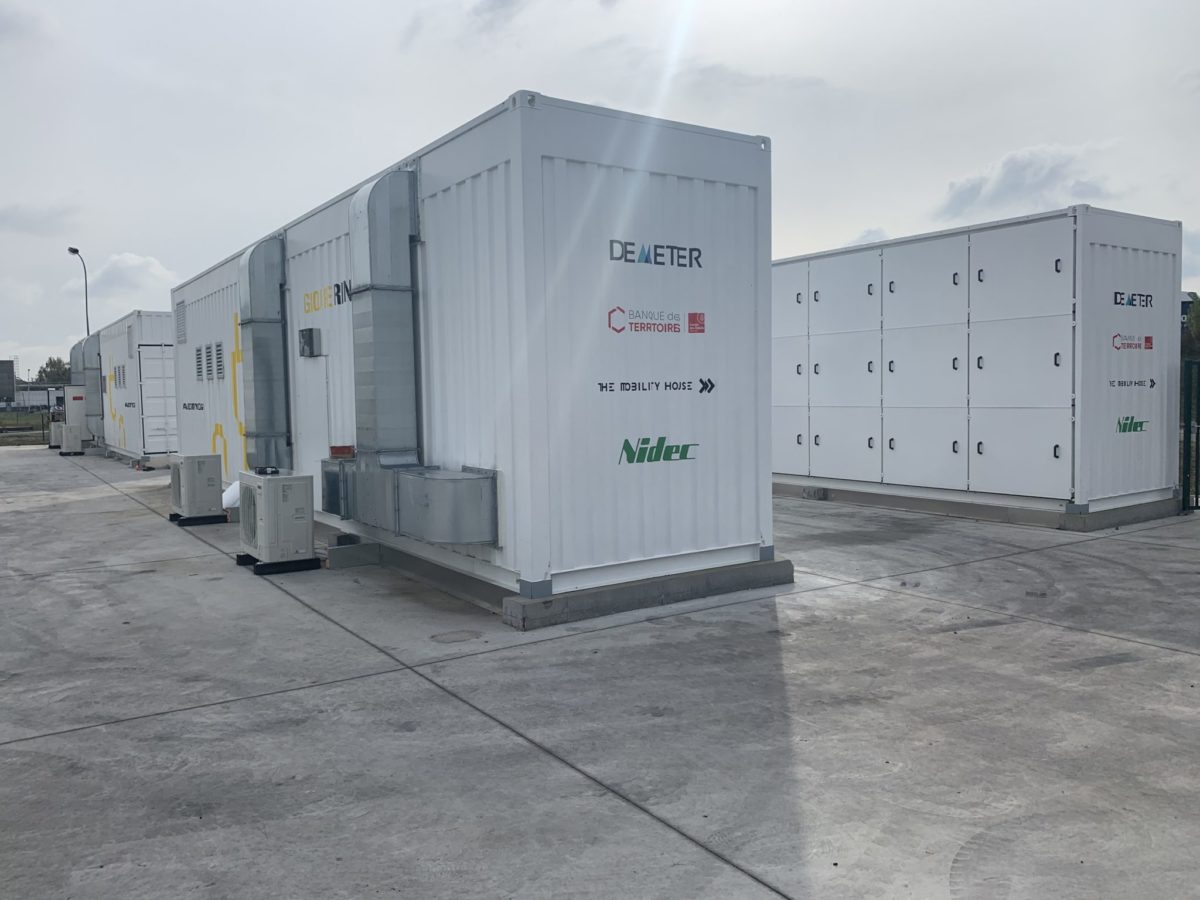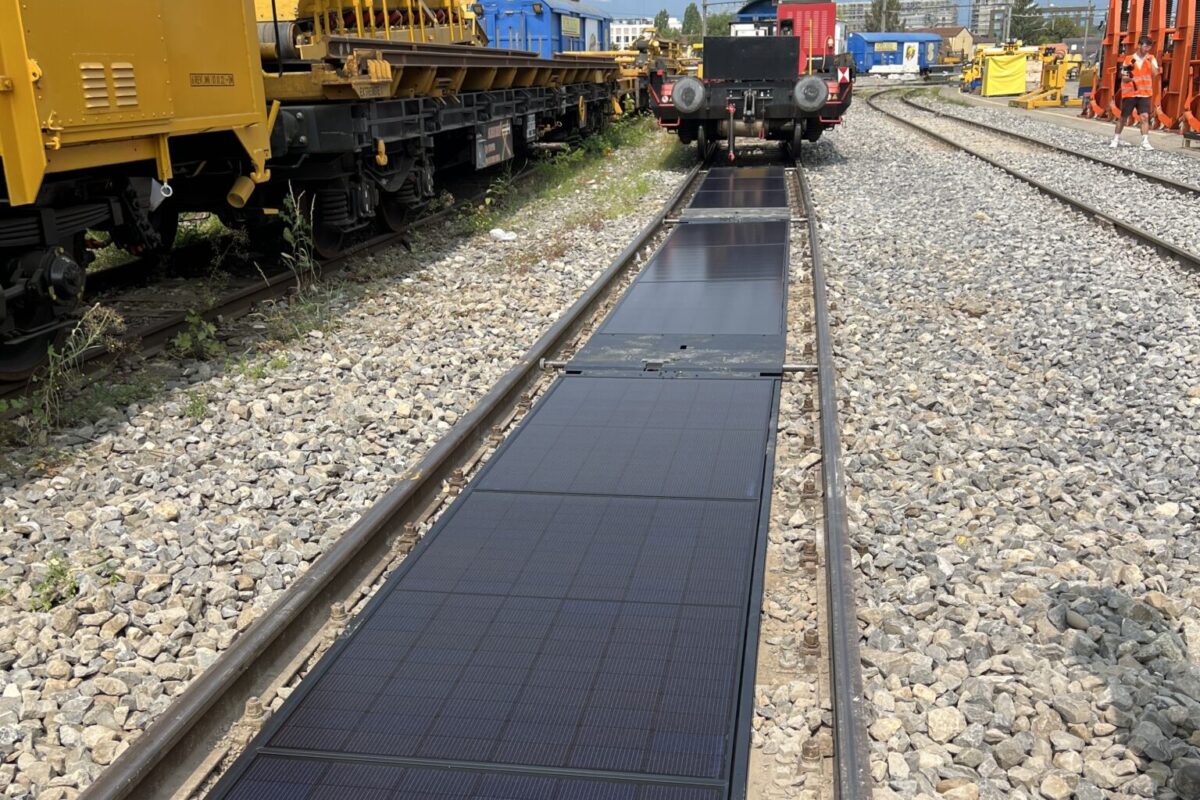From pv magazine Germany
The premiere was made possible by Munich-based company The Mobility House, which specializes in the use of second-life batteries and vehicle-to-grid applications.
Together with its partners Mobilize, which belongs to the Renault group, the Banque des Territoires and the Ecological Transport Modernization Fund, which is managed by the investment manager Demeter, it set up the 4.7 MW storage facility on the factory premises of the Renault branch in Douai, France.
Of this capacity, 4 MW are prequalified for participation in the primary control power market. The Mobility House states that this project has helped increase the total capacity of car batteries it uses for the control power market in France, the Netherlands, and Germany to 33 MW.
The Renault storage system consists not only of used car batteries, but also first-life batteries. Car manufacturers are obliged to keep a certain number of batteries available as replacements. However, since they are difficult to store, one solution is to integrate them into storage devices. To achieve the optimum state of charge, they are only minimally charged and discharged.
“We have been working successfully on the integration and marketing of electric car batteries in the electricity market since 2014 and are already active in various European markets and the USA,” said Robert Hienz, CEO of The Mobility House. “With the integration of a storage facility in the capacity market, as is now the case in France, we are once again expanding our technology spectrum with an innovative application.”
The system is used as a source of revenue in short-term trading and on the primary control reserve market. Although it is stationary, it will help The Mobility House and the other partners to further develop the technological cornerstone for mobile storage applications, i.e., vehicle-to-grid, the company explained. The Mobility House has been working on the intelligent charging and energy management system “ChargePilot” since 2016, which was also used at the facility in Douai.
“The intelligent control of battery storage systems is an important step for the integration of electric vehicles into the power grid,” said Yasmine Assef, Program Director Energy Services at Mobilize. “The fact that we are now actively participating in the French capacity market with the help of The Mobility House technology is a big and important step. With projects like this, we unlock unbelievable future potential that not only drives the energy transition, but also contributes to the stability of the power grid and generates income with vehicle batteries. A win-win situation.”
This content is protected by copyright and may not be reused. If you want to cooperate with us and would like to reuse some of our content, please contact: editors@pv-magazine.com.




1 comment
By submitting this form you agree to pv magazine using your data for the purposes of publishing your comment.
Your personal data will only be disclosed or otherwise transmitted to third parties for the purposes of spam filtering or if this is necessary for technical maintenance of the website. Any other transfer to third parties will not take place unless this is justified on the basis of applicable data protection regulations or if pv magazine is legally obliged to do so.
You may revoke this consent at any time with effect for the future, in which case your personal data will be deleted immediately. Otherwise, your data will be deleted if pv magazine has processed your request or the purpose of data storage is fulfilled.
Further information on data privacy can be found in our Data Protection Policy.